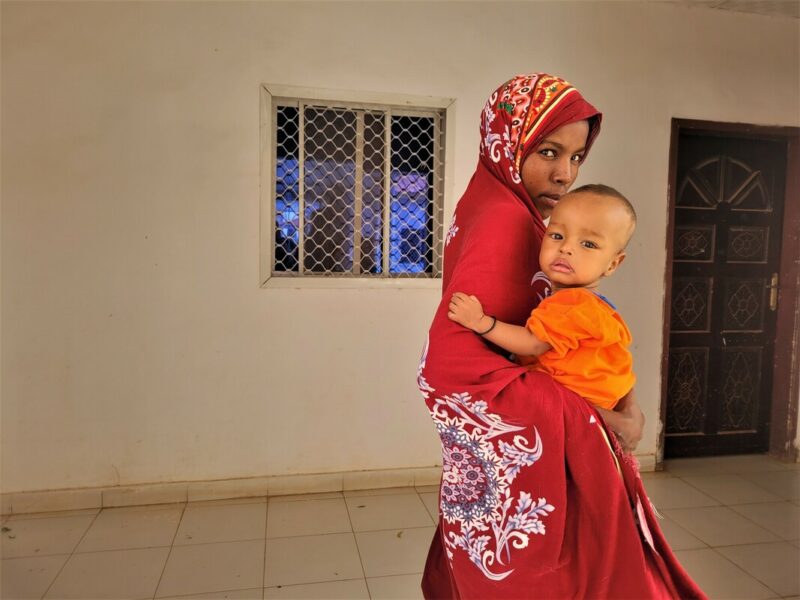The UN’s climate science body, the Intergovernmental Panel on Climate Change (IPCC), has released it’s latest report, which is being called a ‘final warning’ for avoiding irrevocable damage to the world from greenhouse gas emissions.
Marek Soanes, Climate Justice Lead at CARE Australia, said:
“The latest report from the IPCC is being called a survival guide for humanity. As Australians, the continent we live on and the Asia Pacific region that we are a part of are both extremely vulnerable to the impacts of climate change. Our neighbours in Vanuatu have recently been hit by an unprecedented two Category 4 cyclones just days apart. This is the reality we’re facing at just 1.1 degrees of warming today, but unless drastic action is taken now we will surpass 1.5 degrees before 2040 and 3 degrees by the turn of the century. A convergence of once-in-a-century storms, floods, droughts and fires could become annual events.
“Two things are clear from this survival guide: building new fossil fuel infrastructure is incompatible with a safe and liveable climate, and it is the people who have done the least to cause the climate crisis who are feeling the effects the most. At CARE Australia, we know first hand from our work responding to severe cyclones and droughts in the Pacific and beyond, that it is people living in poverty, and marginalised groups including women, girls and people with disabilities who are most at risk from climate disasters. This is why the IPCC’s survival guide recognises that we must put equity and social justice at the heart of the response, and Australia must do more to help these most vulnerable groups to participate and lead the transition to a low-carbon climate-resilient society.”
Speaking from Kenya, Marlene Achoki, Global Policy Co-Lead on Climate Justice at CARE, said:
“At 1.1 degrees of warming today, over 3 billion people are already living with the harshest realities of climate change; high temperatures, drought, flooding, and other events that contribute to acute food and water insecurity, malnutrition, and loss of livelihoods. Often women and girls are among the most affected. The devastating impact of Cyclone Freddy in Southern
Africa, the longest cyclone ever recorded, puts human faces to these figures. Governments and decision makers must act immediately by stepping up adaptation efforts with ramped up financial support from rich countries. And as the IPCC report indicates, this will only be effective with meaningful local participation and strong integration of gender-based equity considerations.”

